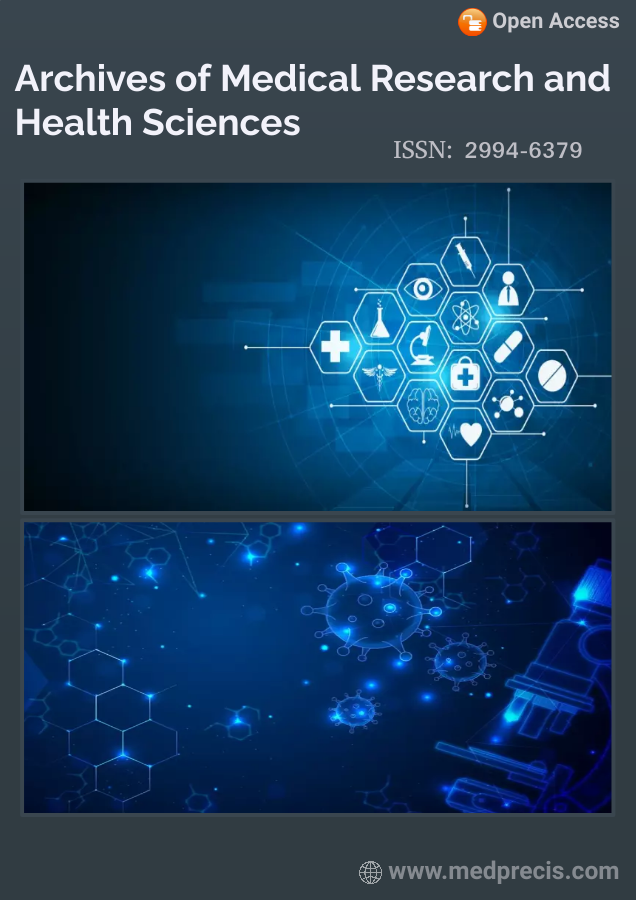Comprehending the Dangers of Alcohol Intake While Pregnant: Fetal Alcohol Spectrum Disorders and Risks to Maternal Health
Katherine Dejong*
Department of Obstetrics and Gynecology, Oregon Health and Science University, Portland
Correspondence to: Katherine Dejong, Department of Obstetrics and Gynecology, Oregon Health and Science University, Portland. E-mail: katherine_d@hotmail.com
Received: September 12, 2020; Accepted: September 28, 2020; Published: October 06, 2020
Citation: Dejong K. Comprehending the Dangers of Alcohol Intake While Pregnant: Fetal Alcohol Spectrum Disorders and Risks to Maternal Health. Arch Med Res Health Sci. 2020;2(1):01-04.
Copyright: © 2020 Dejong K. This is an open-access article distributed under the terms of the Creative Commons Attribution License, which permits unrestricted use, distribution, and reproduction in any medium, provided the original author and source are credited.
ABSTRACT
Excessive alcohol consumption during pregnancy can lead to severe consequences, including miscarriage, premature birth, stillbirth, low birth weight, and a spectrum of lifelong disorders collectively referred to as fetal alcohol spectrum disorders (FASDs). Alcohol stands out as one of the most hazardous teratogens, posing a significant threat to the developing fetus.
Like carbon monoxide from cigarettes, alcohol easily traverses the placenta from the mother's bloodstream into the baby's blood, placing the fetus at an increased risk of developing FASDs with every instance of maternal drinking. This exposure during pregnancy may result in cognitive, social, and motor deficiencies, presenting distinctive and lasting challenges for the child.
The use of alcoholic beverages by pregnant women is associated with potential outcomes such as abortion, fetal mortality, and prematurity. The primary goal of this review is to educate women on the risks associated with alcohol consumption during pregnancy, emphasizing the potential harm to both the child and the mother. The intention is to raise awareness, encouraging pregnant women to abstain from alcohol entirely to protect their children from various defects and themselves from unexpected health challenges.
Keywords: Alcohol; Consumption; Fetus; Pregnancy; Risk; Fetal alcohol spectrum disorders (FASDs); Teratogens; Maternal health.



